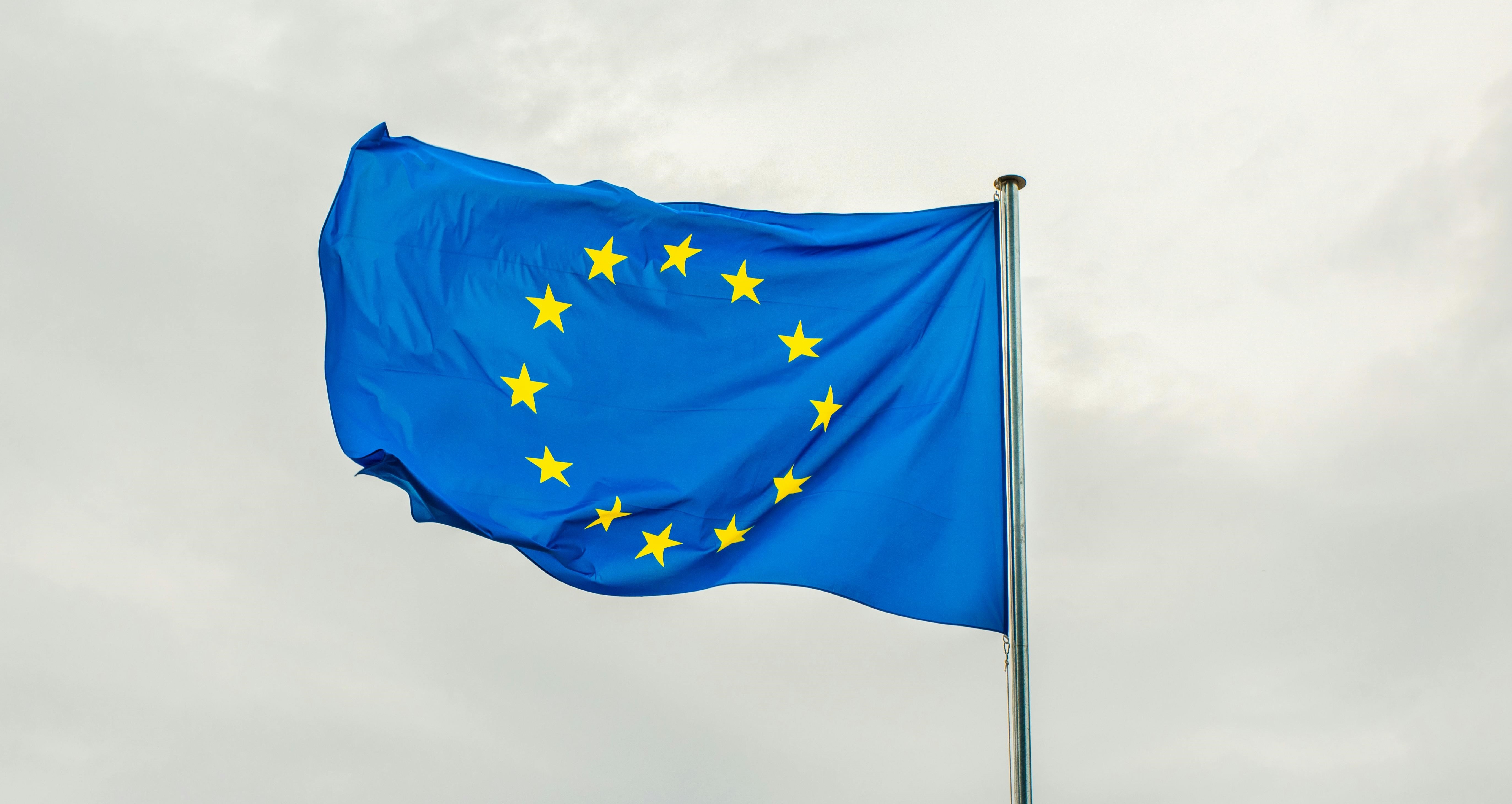Towards EU Membership: Alumni Views on the Western Balkans' Challenges and Solutions

Towards EU Membership: Alumni Views on the Western Balkans' Challenges and Solutions
Event Summary, Insights and Recommendations
The GCSP Alumni and Community Engagement Office hosted a virtual discussion on 3 October 2024 in partnership with the Alumni Hubs of the Western Balkan countries. It brought together GCSP Alumni experts who focused on the challenges of European Union (EU) integration faced by the Western Balkans and exploring potential pathways for future development.
GCSP Alumna and former fellow Dr Anila Jelesjevic, currently Senior Information Management Assistant and Media Analyst at the Embassy of Switzerland to Serbia, presented her analysis from her GCSP Geneva Paper.
Our two Alumni Hub Leaders from Albania and North Macedonia, Ms Sara Çela and Dr Ardijan Ismaili, provided valuable insights based on their areas of expertise.
The speakers examined the unique dynamics of each country in the region and the geopolitical context, emphasising the importance of regional cooperation and strategic dialogue.
All asserted that EU membership is not just a goal but a necessity.
Dr Anila Jelesjevic, emphasised that "the Western Balkans are part of Europe and should belong to the EU." She highlighted the pending bilateral issues in the Western Balkans as the barrier in their EU path. Additionally, she pointed out how the ongoing war in Ukraine has shifted the EU’s focus, making the accession request of the Western Balkan countries seem more distant. She recommended that both sides commit to necessary reforms and suggested establishing a target date for each country’s membership to hold them accountable for their progress.
Dr Ardijan Ismaili, Co-Leader of the GCSP Alumni & Community Hub North Macedonia, shared insights into North Macedonia’s struggle for EU membership. He recounted the historical opposition from neighboring countries regarding identity recognition, particularly from Greece and Bulgaria.
"Looking ahead, collaboration and dialogue are vital" he said, noting that despite some progress through treaties, bilateral issues continue to block North Macedonia's accession. He stressed the need for guarantees to prevent further demands beyond EU membership requirements.
Ms Sara Çela, Leader of the GCSP Alumni & Community Hub Albania, underscored the importance of discussing relevant topics for not only the Western Balkans but also for Europe as a whole. She highlighted the lack of information coordination between EU negotiations and local administrative processes, warning that failing to act together as a bloc could lead to more challenges in the future. She expressed a desire for independent action on economic and social needs, stating that while all countries are making progress, there are significant dynamics to consider for better positioning within the EU.
In conclusion, the speakers underlined the importance of these countries' EU membership and drew attention to the need for strategic cooperation and solidarity. Future developments could be crucial for the entire region. The steps taken towards integrating the Western Balkans into the European family must be closely monitored.
Dr Anila Jelesijević wrote a Geneva Paper entitled “The Prospective of the Western Balkans EU Membership: Challenges and Possible Ways Forward”.
